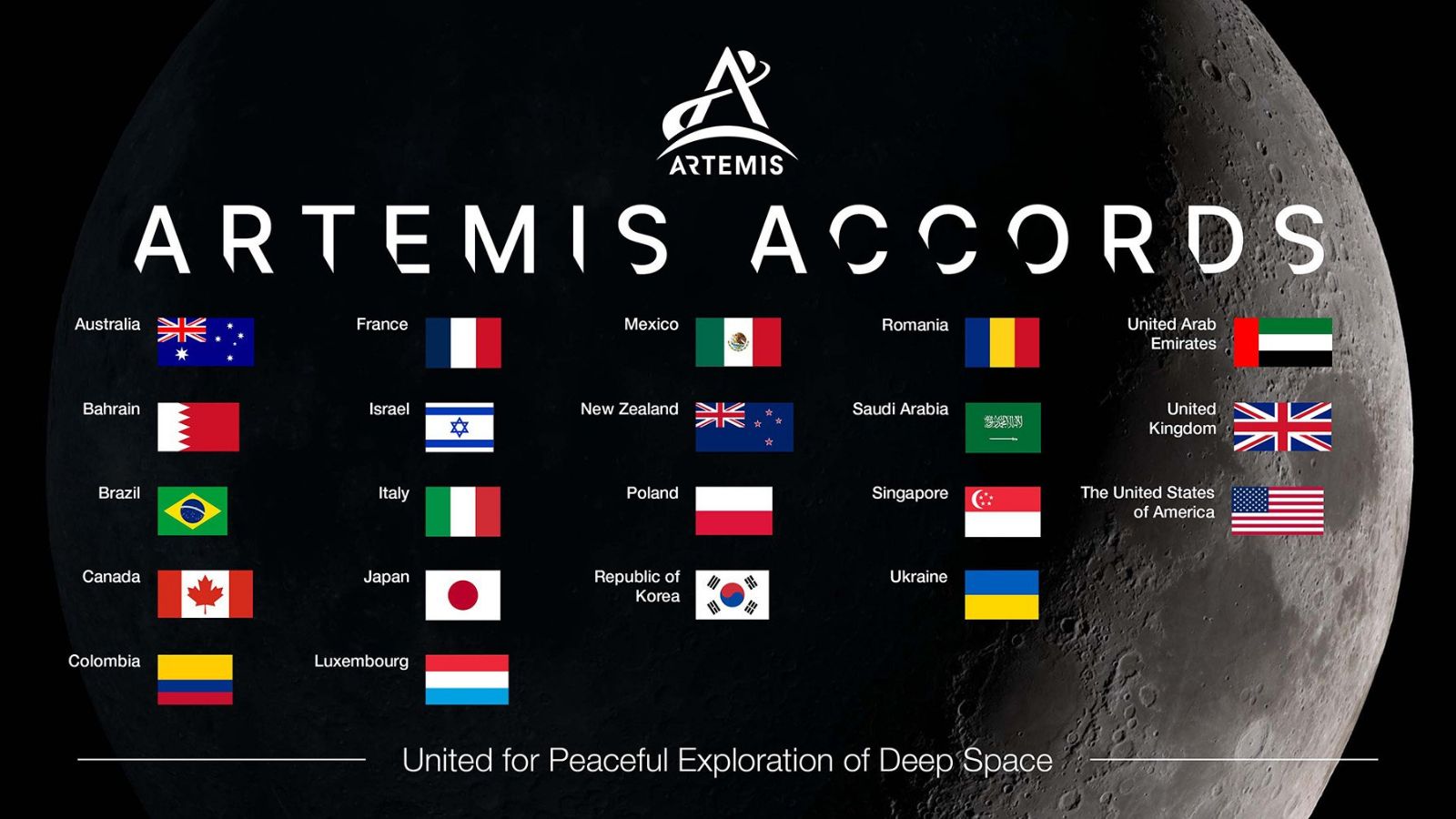General
Senegal shoots for the moon with historic NASA agreement
Senegal has formally signed the NASA-led Artemis Accords, becoming the 56th member to the global framework outlining rules for peaceful space exploration. Senegal signed the US-led Artemis Accords on July 24, 2025, becoming the 56th member of this space exploration framework.The ceremony held at ...
Business Insider Africa
published: Jul 25, 2025


Senegal has formally signed the NASA-led Artemis Accords, becoming the 56th member to the global framework outlining rules for peaceful space exploration.
- Senegal signed the US-led Artemis Accords on July 24, 2025, becoming the 56th member of this space exploration framework.
- The ceremony held at NASA Headquarters in Washington, D.C., marked Senegal's commitment to science, technology, and space diplomacy.
- Key figures, including Senegal's ambassador and the Director-General of the Senegalese Space Agency, participated in the event.
The signing ceremony took place on July 24, 2025, at NASA Headquarters in Washington, D.C., marking a watershed moment for the West African country as it strengthens its commitment to science, technology, and space diplomacy.
SEE ALSO: French military era ends in West Africa as Senegal reclaims last base
The signing event at the U.S’s capital city brought together important figures from Senegal and NASA, including Abdoul Wahab Haidara, Senegal's ambassador to the United States; Jonathan Pratt, Senior Bureau Official in the Department of State Bureau of African Affairs; Maram Kairé, Director-General of the Senegalese Space Agency (ASES); and Brian Hughes, NASA Chief of Staff.
Following a meeting between President Faye and President Trump, Acting NASA Administrator Sean Duffy stated the signing of the Artemis Accords demonstrated the close ties between the two countries.
President Trump met with Senegal's President Bassirou Diomaye Faye and other African leaders in Washington two weeks prior to the signing ceremony of the Artemis Accords, which focused on the U.S.-Africa cooperation.
“Senegal’s adherence to the Artemis Accords reflects our commitment to a multilateral, responsible, and transparent approach to space,” Maram Kairé, Director-General of the Senegalese Space Agency (ASES).
What the Artemis Accords means for Senegal
This signature marks a meaningful step in our space diplomacy and in our ambition to contribute to the peaceful exploration of outer space,” she added.
Senegal's signing represents a growing trend of African countries participating in space governance and asserting their presence in the next frontier of human development, outer space.
Along with aligning with international standards for space activities, such as the utilization of space resources, deconfliction of operations, and the preservation of lunar heritage sites, this move also signifies Senegal's intention to build its own space capabilities.

Remarkably, China's International Lunar Research Station (ILRS) program has connections with Senegal as well.
Senegal's decision to join both the ILRS and Artemis Accords shows diplomatic balance and a willingness to engage in many international frameworks, which is uncommon but becoming more common among new space operators.
Senegal becomes the fourth African country to sign the Accords, after Nigeria, Rwanda, and Angola, as seen on SpaceAfrica.
This trend reflects Africa's rising engagement in determining global space policy, as well as the continent's growing desire to use space technology for development purposes ranging from climate monitoring and agriculture to connectivity and national security.

The NASA Artemis Accords
Given that several countries and private businesses are carrying out missions and activities near the Moon, the Artemis Accords offer a shared set of guidelines to improve the administration of space exploration and utilization for civil purposes.
Basically, the accords are intended to foster cooperation and transparency among countries involved in lunar and deep space missions, particularly those aligned with the Artemis program's overarching goals of returning humans to the Moon and eventually reaching Mars.
Signatory countries' adherence to the Outer Space Treaty, the Registration Convention, the Rescue and Return Agreement, and best practices and standards of responsible conduct for the exploration and use of civil space is strengthened by the Artemis Accords.
Read More